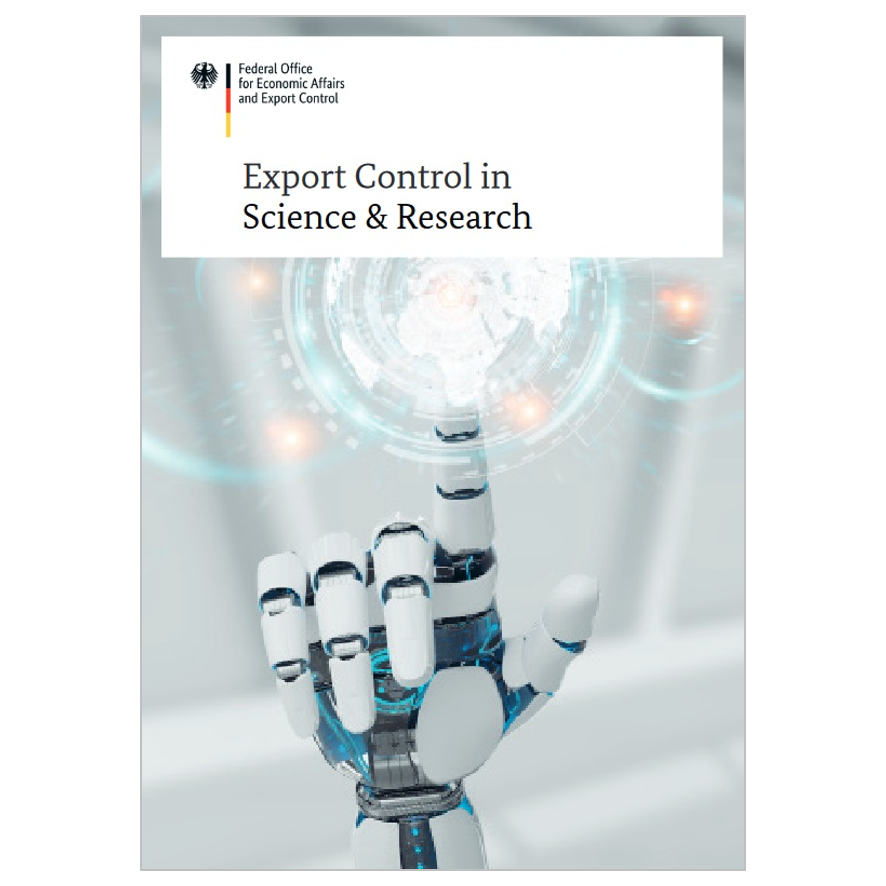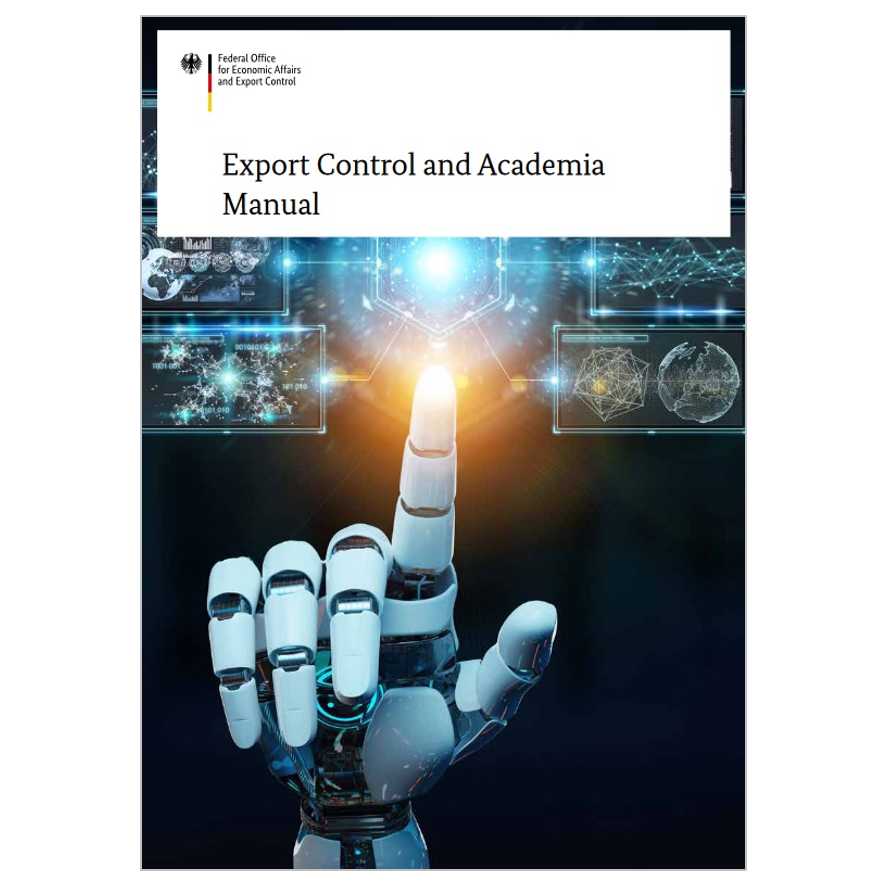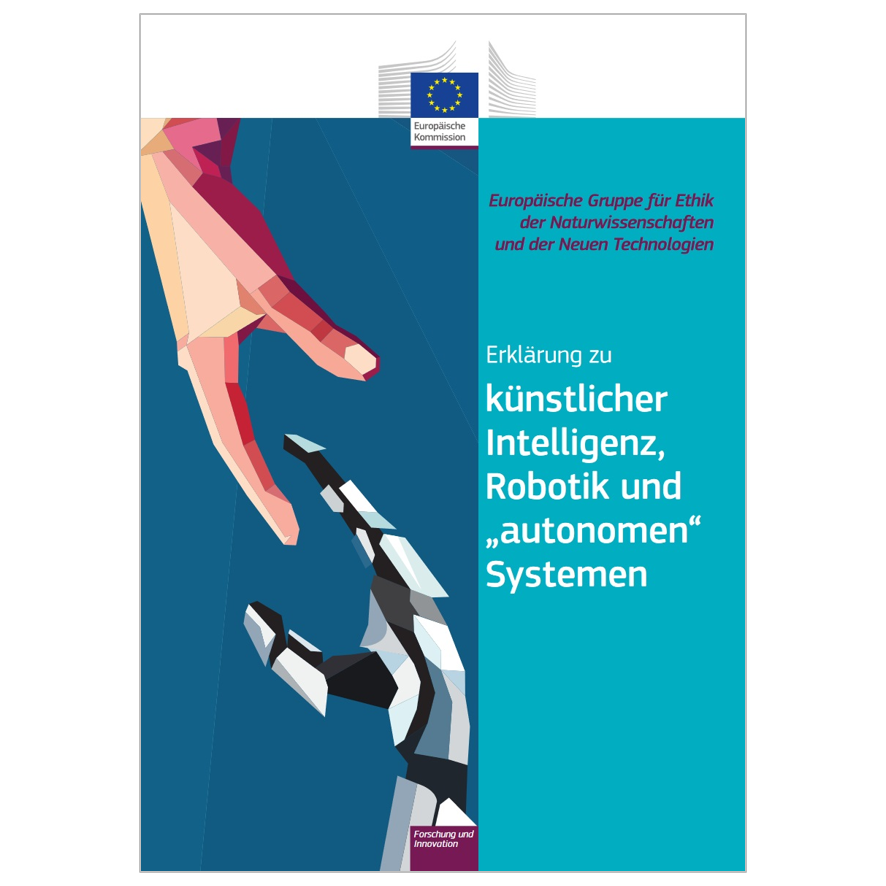Tags

-
Startseite
- /
- Legal Provisions
Publikationen
-
Stricter US guidelines for ‘gain-of-function’ research are on the way — maybe
Mehr lesen: Stricter US guidelines for ‘gain-of-function’ research are on the way — maybeA biosecurity panel met, expecting to approve recommendations, but myriad concerns complicated the proceedings.
-
Commission Recommendation (EU) 2021/1700 on internal compliance programmes for controls of research involving dual-use items under Regulation (EU) 2021/821 of the European Parliament and of the Council setting up a Union regime for the control of exports, brokering, technical assistance, transit and transfer of dual-use items
Mehr lesen: Commission Recommendation (EU) 2021/1700 on internal compliance programmes for controls of research involving dual-use items under Regulation (EU) 2021/821 of the European Parliament and of the Council setting up a Union regime for the control of exports, brokering, technical assistance, transit and transfer of dual-use items -
Proposal for a Regulation of the European Parliament and the Council laying down harmonised rules on artificial intelligence and amending certain Union legislative acts
Mehr lesen: Proposal for a Regulation of the European Parliament and the Council laying down harmonised rules on artificial intelligence and amending certain Union legislative acts -
Export Control in Science & Research
Mehr lesen: Export Control in Science & ResearchThis publication is aimed at professors, scientists and scientific staff at universities and non-university research institutions as well as representatives of these organizations working in the field of “export control and research activities“. It deals, in particular, with the rights and obligations that apply in this area. While scientific freedom is enshrined in the Basic…
-
Export Control and Academia Manual
Mehr lesen: Export Control and Academia ManualThis Manual is primarily aimed at the academic and research sector, its representatives and employees as well as scientists as private individuals. The goal is to raise the awareness of universities and research institutions for the aims of export control and to support them in the application of foreign trade law. Restrictions under foreign trade…
-
Statement on artificial intelligence, robotics and ‘autonomous’ systems
Mehr lesen: Statement on artificial intelligence, robotics and ‘autonomous’ systemsAdvances in AI, robotics and so-called ‘autonomous’ technologies¹ have ushered in a range of increasingly urgent and complex moral questions. Current efforts to find answers to the ethical, societal and legal challenges that they pose and to orient them for the common good represent a patchwork of disparate initiatives. This underlines the need for a…
-
Chemical Weapons Convention
Mehr lesen: Chemical Weapons ConventionThe Chemical Weapons Convention (CWC) of 13 January 1993 entered into force on 29 April 1997. It is an international disarmament and arms control treaty whose objectives are a worldwide ban on chemical weapons and the destruction of existing chemical weapons stockpiles. The CWC is divided into a military part and a civil part. Thus,…
-
Biological Weapons Convention
Mehr lesen: Biological Weapons ConventionThe Convention on the Prohibition of the Development, Production and Stockpiling of Bacteriological (Biological) and Toxin Weapons and on their Destruction (BWC) of 10 April 1972 entered into force on 26 March 1975. It contains a comprehensive ban on biological weapons and, as the first multilateral treaty to outlaw one type of weapon in its…




